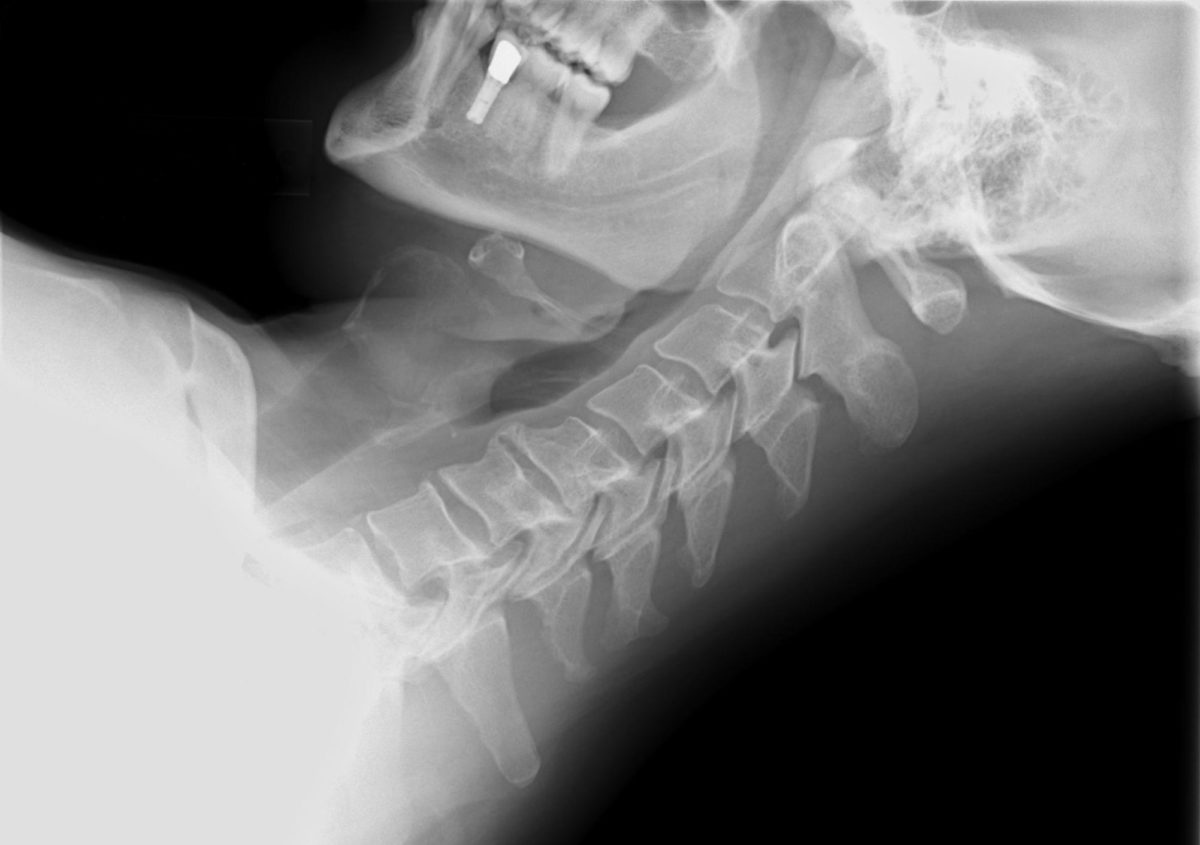Scientists in China have reported the development of a flexible perovskite solar cell measuring 1.01cm² and achieving a stabilized efficiency of 19.87%. The cell was tested for 3000 hours under one-sun illumination at room temperature and was shown to retain 85% of its initial efficiency.
These impressive results, according the group from Nanchang University, were achieved thanks to the use of an interface layer of a polymer material known as PEDOT:EVA, which was glued in place between the perovskite film and indium-tin-oxide electrode film. This served both to facilitate uniform crystal formation in the perovskite layer and improve the flexibility of the brittle ITO layer.
The group also used these cells to fabricate a flexible module measuring 36cm², which achieved a stable efficiency of 14.91%. The results are reported in the paper Bio-inspired vertebral design for scalable and flexible perovskite solar cells, published in Nature Communications.
Bio-inspired
In developing these cells and seeking to boost their flexibility, the group says it took inspiration from the workings of the human vertebrae. “In nature, vertebrae can adapt to complex human movements, because of the oriented crystallization of robust skeleton and the flexible structure,” states the paper. “Inspired by the biological crystallization and flexible structure of vertebrae, we synthesize the PEDOT:EVA ink by miniemulsion.”
The scientists further explain that in this analogy, the PEDOT:EVA layer plays a similar role to cartilage in a vertebrae joint, serving to evenly distribute force and protect the perovskite and ITO layers from stress and damage during movement. The device is reported to have retained 85% of initial performance after 7000 cycles of consecutive bending.
Further microscope imaging revealed good potential for scaling the devices up to even larger sizes, and the group believes it has opened up a new approach for the development of flexible and wearable electronics.
This content is protected by copyright and may not be reused. If you want to cooperate with us and would like to reuse some of our content, please contact: editors@pv-magazine.com.




By submitting this form you agree to pv magazine using your data for the purposes of publishing your comment.
Your personal data will only be disclosed or otherwise transmitted to third parties for the purposes of spam filtering or if this is necessary for technical maintenance of the website. Any other transfer to third parties will not take place unless this is justified on the basis of applicable data protection regulations or if pv magazine is legally obliged to do so.
You may revoke this consent at any time with effect for the future, in which case your personal data will be deleted immediately. Otherwise, your data will be deleted if pv magazine has processed your request or the purpose of data storage is fulfilled.
Further information on data privacy can be found in our Data Protection Policy.